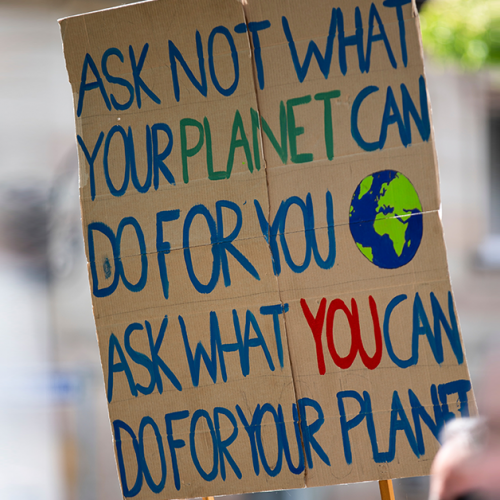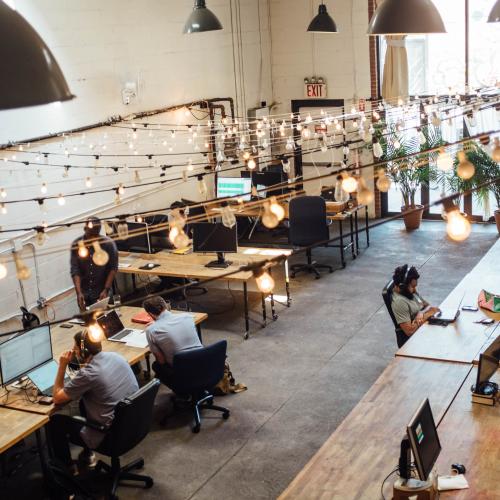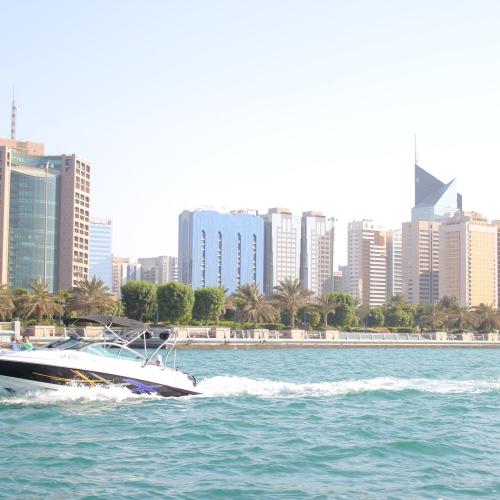Before we found oil, we had water
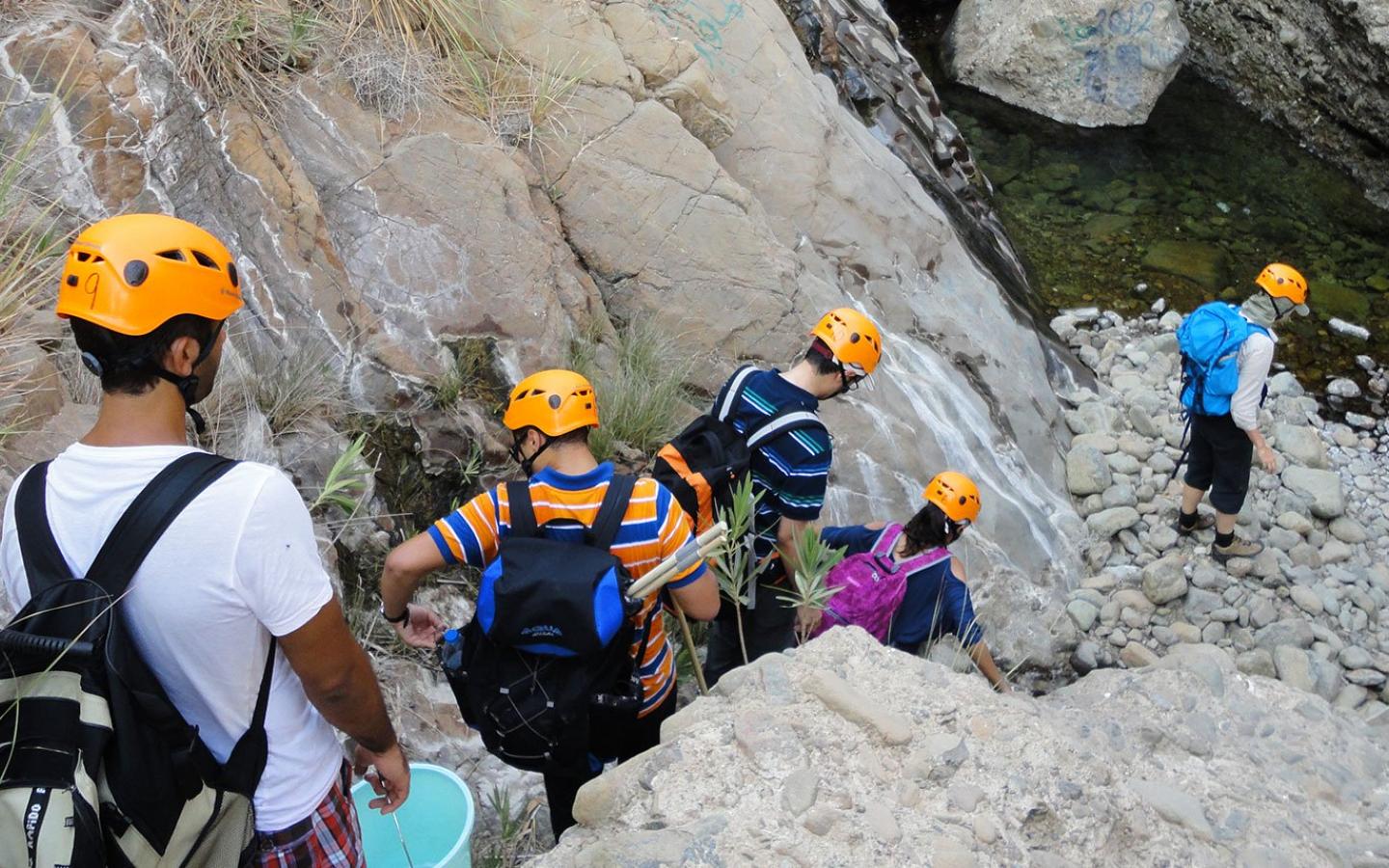
Water has always provided for the people of UAE, shaping the country’s cities, towns, culture, traditions, industry, trade and economy.
UAE’s ancestors had a close relationship with water. Three thousand years ago, they found a way to channel water from the mountains to settlements with the ingenious falaj system of hand-made canals. They developed cities along the coast near pearl diving and fishing hotspots. And they built ships and ports to trade pearls and date palms with the rest of the world.
For thousands of years, our ancestors treated water with respect and reverence, and it led to the early development of this country. Today, with the help of smart technologies and new habits, we can make sure that water continues to provide for the generations to come.
“Do not waste water even at a running stream”
– Prophet Mohammed
Prophet Mohammed’s hadith teaches that the water is a precious resource that we should use only as needed. Indeed, water brought prosperity and wealth to early Emiratis – here’s how.
Invention of Falaj and Early Settlements
There were no taps to be found in ancient times. Ground water was the main source of fresh water in the UAE and was found in areas like Al Ain, Wadi Shis and Habhab.
Our ancestors crafted a series of canals to collect ground water and distribute it amongst the community. This system was called falaj, which in Arabic means a fracture in the ground or small stream, and also the division of property into shares.
Small canals were built in the mountains to collect water, which was transported downstream through surface canals that were about a metre wide. Wakeels were responsible for financing falaj systems and distributing water amongst villagers and farms. The falaj require regular maintenance to repair it after floods and landslides, and to remove the accumulation of silt deposits.
The oldest falaj system in the UAE was discovered in the Hili region of Al Ain and dates back to three thousand years ago. This site has been recognized by UNESCO as a World Heritage Site and marks an important time in the history of this region – the development of early settlements.
With the falaj, people could channel water to their homes and farms; they no longer needed to live so close to the wells and mountains. The rich supply of water also allowed them to build homes, towers, palaces and administrative buildings.
Functional falaj systems still exist in the UAE today at Al Ain oasis and Wadi Shis in Sharjah, which are both open to the public.
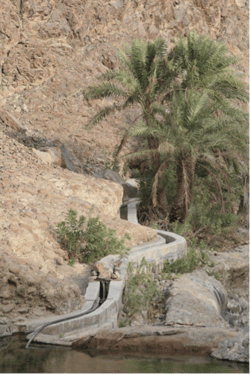
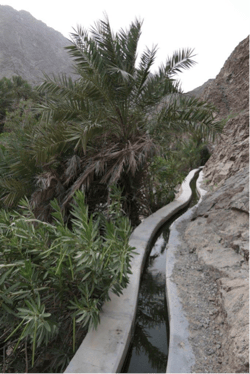
Images above are of a functional falaj in the Wadi Shis
Pearl Diving and the Birth of Trade
Pearl diving has been a tradition amongst Emiratis for centuries. During the 1800s it became a valuable source of wealth, with pearls from the Arabian Gulf making their way across Asia and Europe.
Pearl diving was no easy feat. Men would leave their homes and travel to sea for four months during the summer, when the gulf was at its warmest and clearest. Divers would collect pearls from sunrise to sunset, making multiple dives of three minutes each. Their gear was sparse – a rope attached to a stone to help them stay close to the sea bed, a rope that connected them to crew on the boat, a knife to ward off predators, a woven bag to collect oysters and a clip to keep their nose closed.
Pearl diving became so lucrative in the early 1900s that there were 300 pearling dhows in Dubai Creek alone. Industries such as financing, ship building and trading sprung up to support the pearling boom.
Financiers would lend money for the construction of the pearling dhows and rations for the trip. Traders would buy the pearls and sell them overseas in the world’s largest pearl market, Mumbai. Over time, European customers would travel directly to the UAE to buy pearls from local markets.
The pearling boom ended when the Japanese learned how to culture pearls artificially, a process that required far less time and effort to produce pearls. But by then, pearling had already sowed the seeds of success for the country, and it was only a matter of years until oil was discovered.
“Water is more important than oil for the UAE”
– Sheikh Mohammed bin Zayed Al Nahyan
There will be a post-oil world, but there cannot be life without water. With demand for fresh water rising continually with no stop in sight, it is up to us to find ways to use water sustainably, protect marine habitats and keep our coasts intact.
Sheikh Mohammed bin Zayed, Crown Prince of Abu Dhabi, stressed the importance of water security and sustainability at a lecture on fresh water in 2011. This issue becomes more critical with every passing day.
In our next post, we share simple real-life actions you can take to reduce your personal consumption of water. Follow us at @ews-wwf to stay tuned.
We have to start now, to save our water while we still have it.
